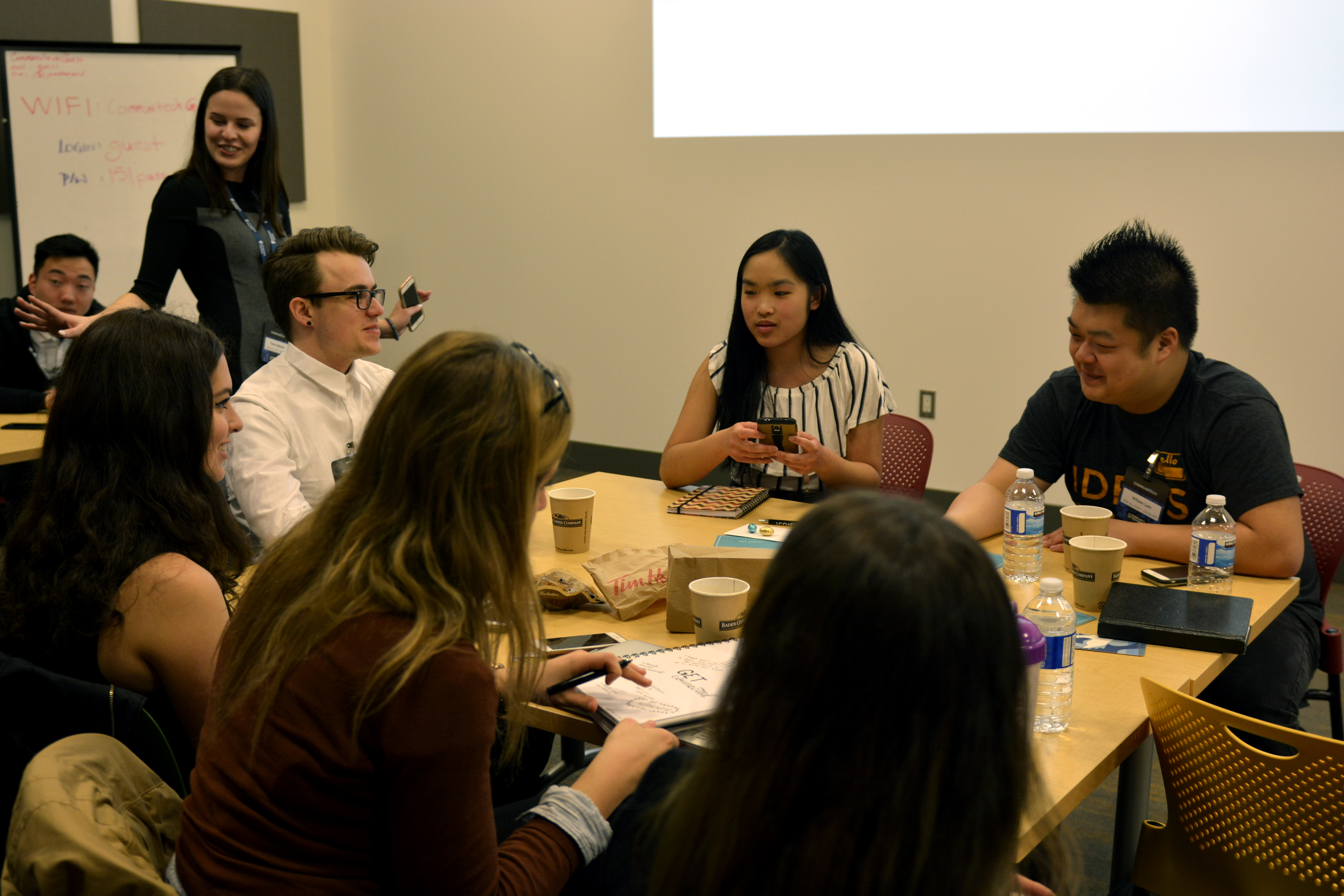Easter Sunday, Apr. 21, was a day of mourning for Sri Lanka, a small island that fell prey to a terrorist attack.
At least eight explosions were reported by multiple news organizations to have shook the nation in major cities including Colombo, the capital city, Batticaloa, Negombo, and Dehiwala-Mount Lavinia.
The suicide bombings took place in three churches at four luxury hotels, and the eighth bombing took place in central Colombo.
At least 500 people were injured and 290 have lost their lives to the terrorist attack which is being attributed to the National Thowheeth Jama’ath (NTJ), a local extremist organization. It is believed that international support was provided as well as the NTJ had a reputation for vandalism of Buddhist statues, but not much more. All of the bombers were local and no international organizations have come forward to take responsibility.
Amarnath Amarasingam, a postdoctoral fellow at UW, provided a brief explanation of conflict between different sectors of Sri Lanka over the last several decades, including Muslim, Hindu, Buddhist, and Christian communities on Twitter.
“The Muslims of Sri Lanka make up about 7 percent of the population. They speak Tamil, but don’t see themselves as ETHNICALLY Tamil. This has put the community in the crosshairs of many militant groups on all sides,” he wrote. “There have been rumours of Muslims in the country being radicalized and groups being funded by KSA/gulf states since at least the early 90s (including the group that is being linked to this attack). And it has been used as an excuse to preemptively attack Muslim communities.”
There has been a social media blackout and dusk-’til-dawn (8 p.m. to 4 a.m.) curfew in place since Sunday. The social media platforms blocked include Facebook, Instagram, Whatsapp, YouTube, and Snapchat.
President Maithripala Sirisena declared a state of emergency at midnight on Monday, which gives the military war-time powers to detain and interrogate suspects.
The majority of the people that lost their lives were Sri Lankan. It was reported that 39 foreign nationals also lost their lives.
Among these are Sri Lankan celebrity che Shantha Mayadunne, celebrity chef, and daughter Nisanga; and Zayan Chowdhury, the eight-year-old grandson of Awami League party leader, Sheikh Fazlul Karim Selim and cousin of PM Sheikh Hasina was killed while having breakfast in one of the hotels.
Foreigners hailed from the UK, Bangladesh, China, Japan, the Netherlands, Portugal, France, Saudi Arabia, Spain, the U.S., and Turkey.
K.G. Hanumantharayappa, was a businessman from Bangalore, and one of eight Indian victims identified as of Monday afternoon; Kaori Takahashi, from Japan, was in charge of public relations of a volunteer support group for Japanese expatriates and their families in SL, along with three other employees that were not identified. Three of four children of Danish billionaire Anders Holch Povlsen were also victims, but which three lost their lives was not revealed. Technical services leader Dieter Kowalski from Denver, who was there on a business trip and Turkish engineers Serhan Selcuk Narici and Yigit ALi Cauvus were also killed.
There were warnings of the attack as early as Apr. 4th from both American and Indian intelligence agencies that were detailed in a letter from the Sri Lankan police on Apr. 11th. Health Minister, Rajitha Senaratne, blamed lack of cooperation within the government for information not being transferred adequately, and Prime Minister Ranil Wickremesinghe for not heeding the warning. Wickremesinghe claimed that neither he nor his cabinet received any information.
The Apr. 11th letter included the name of the organization believed to be responsible, NTJ, and the names and addresses of many individuals involved in the bombings. Although 24 people have now been arrested, no action was taken at the time.
The U.S. issued a travel advisory stating, “Terrorist groups continue plotting possible attacks in Sri Lanka. Terrorists may attack with little or no warning, targeting tourist locations, transportation hubs, markets/shopping malls, local government facilities, hotels, clubs, restaurants, places of worship, parks, major sporting and cultural events, educational institutions, airports, and other public areas.”
Many international leaders have offered their personal condolences and governmental aid. The Federal Bureau of Investigation (FBI) has promised to assist Sri Lankan intelligence, and the International Criminal Police Organization (Interpol) has also deployed a team to assist the Sri Lankan investigation. Pope Francis included remarks about the Sri Lankan bombings in his annual Easter Urbi et Orbi (To the city and the world) speech on Easter Sunday.
“Dear brothers and sisters, I heard with sadness the news of the horrendous attacks, which, on this very day, Easter Sunday, have brought mourning and pain to some churches and other places in Sri Lanka,” he said. “I would like to express my heartfelt closeness to the Christian community attacked while gathered in prayer and to all the victims of such a cruel act of violence. I entrust to the Lord all who so tragically died and pray for the wounded and all those who suffer because of this traumatic event.”































